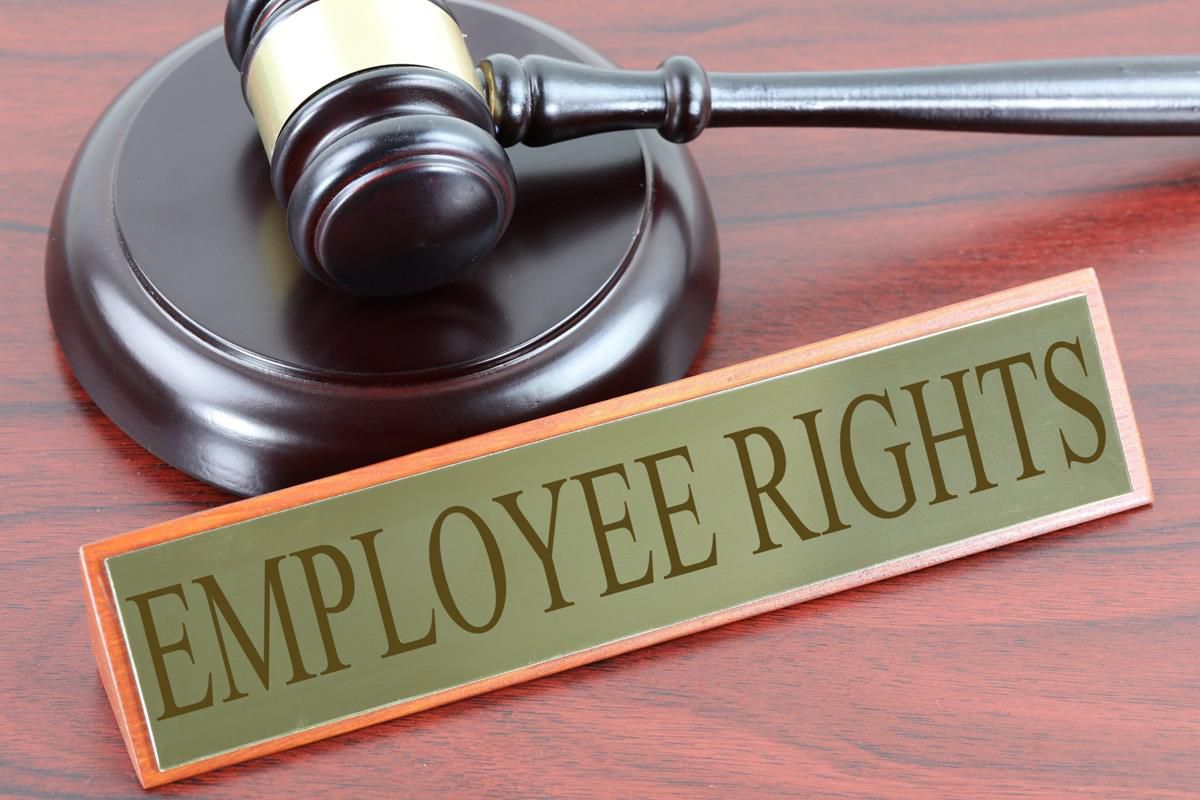Estimated reading time (in minutes)

The reversal case regarding paid leave highlights the importance of employees’ rights and the obligation of employers to facilitate the exercise of these rights. In this article, we will delve deeper into the implications of the case and the changes it brings in terms of proof and compensation for unclaimed paid leave. Lawyer Grégory DAMY , specialized in labor law and paid leave, provides valuable insight on this subject .
Harm and right to damages
According to the Soc. June 13, 2012, when an employee is prevented from taking paid leave due to the action or inaction of the employer, this results in harm and gives rise to the right to damages. This decision recognizes that employees have a legitimate expectation of benefit from their leave and that any interference by the employer is unfair.
Employer obligations and burden of proof
The case also establishes a reversal of the burden of proof. Previously, employees had to prove they were unable to take leave due to the employer’s actions. However, the new regulations emphasize that it is now the responsibility of the employer to take appropriate measures to ensure that employees can exercise their right to leave. In the event of a dispute, the burden of proof falls on the employer to demonstrate that it has fulfilled its obligations by facilitating the employee’s leave.
Conclusion:
The paid leave reversal case brings significant changes in terms of proof and compensation for unclaimed leave. Employees are entitled to damages if they were prevented from taking their paid leave due to the actions or inaction of the employer. Additionally, employers now have a greater responsibility to take appropriate steps to ensure employees can exercise their right to leave. This decision provides a fairer balance between the rights of employees and the obligations of employers. Me Grégory DAMY’s expertise in labor law and paid leave is essential to address these developments and guarantee the protection and respect of employee rights.
